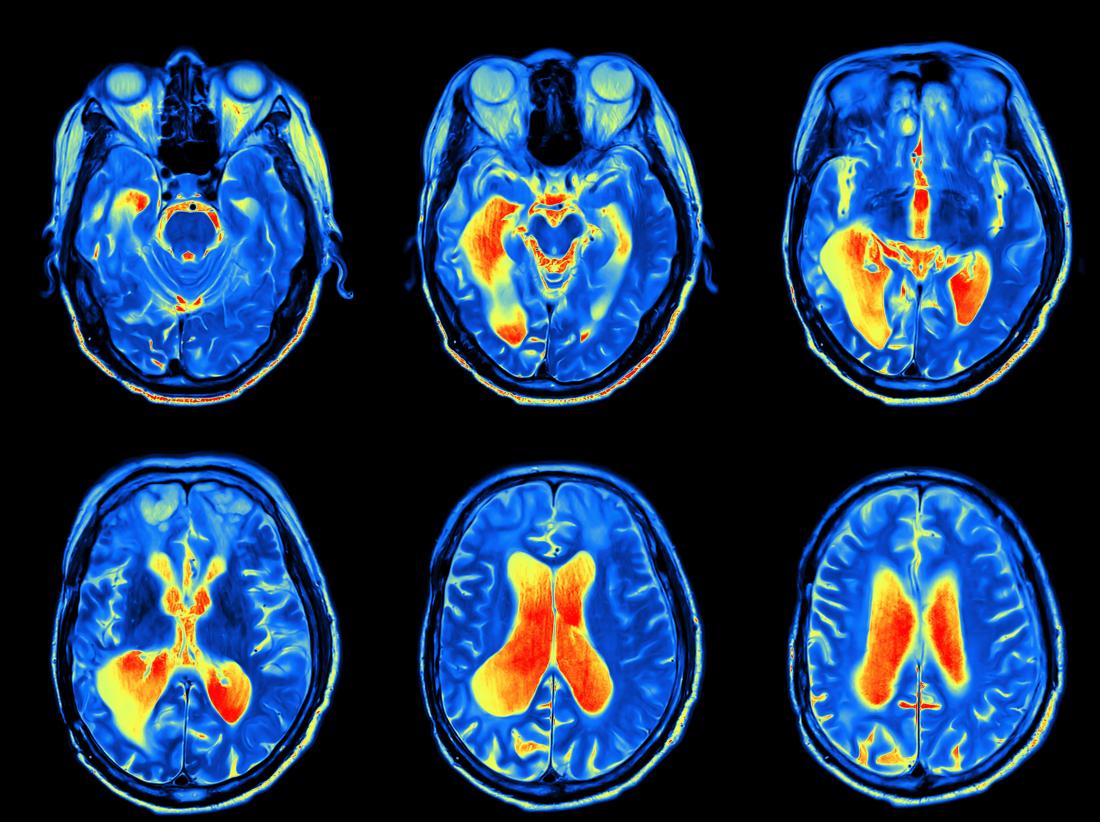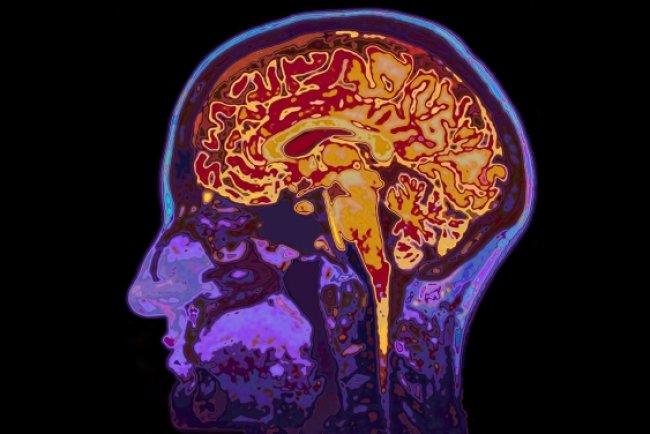Can Treatments for Rheumatoid Arthritis Actually Reduce the Risk of Dementia? Here's What Our Stories and the Science Say
Every day can feel like a struggle between pain and tenacity for anyone with rheumatoid arthritis (RA). the enlarged joints. The constant weariness. The fog of the mind that never completely clears. Therefore, it feels hopeful when a headline claims that RA therapies may potentially help shield the brain from dementia.

Hope that is real, palpable, and supported by medicine.
However, can a joint treatment actually protect your mind?
Let us examine the findings of the most recent study and what they might represent for the millions of people who suffer from autoimmune diseases.
The Brain and Rheumatoid Arthritis: An Unexpected Association
Being a systemic autoimmune disease, it impacts every part of your body, including your brain. In addition to causing joint damage, RA's chronic inflammation may eventually exacerbate cognitive loss.
In actuality, Alzheimer's disease and other types of dementia are more likely to strike those with RA.
Therefore, it makes sense that researchers have been wondering if it would be possible to protect the brain if we could lower inflammation in the body.
As it happens, the answer may be yes.
The Science: What Recent Findings Indicate
Nine papers were meta-analyzed in 2024, and the results showed something noteworthy: Patients with RA who received treatment with some contemporary medications, particularly biologic DMARDs (Disease-Modifying Anti-Rheumatic Drugs), were 24% less likely to acquire dementia than those who received treatment with more traditional medications.
Even more remarkable was the 34% decrease in Alzheimer's risk observed in patients on TNF inhibitors such as etanercept, adalimumab, and infliximab.
These medications function by preventing the immune system from producing certain inflammatory proteins, which are involved in both RA and neurodegenerative illnesses.
In other words, these drugs may be soothing the brain by calming the immune system.
The Significance of This (Beyond the Data)
You already know what it is like to be disregarded, questioned, or ignored if you have RA, particularly when it comes to symptoms that are invisible, such memory problems or brain fog. This study provides more than simply fresh clinical understanding. It confirms the long-held suspicion of many patients that RA affects more than simply the joints. The entire body, including the brain, is affected.
Finding out that your therapy might help you age more securely, think more clearly, and move more freely? That has a lot of power. That is private.
Who Stands to Gain?
Although these results do not imply that all RA patients should switch drugs right away, they do indicate that:
Treatment must be robust and started early. The greater the long-term results for the brain and joints, the sooner inflammation is controlled.
What About Adverse Reactions?
No drug is risk-free, of course. Your immune system may be suppressed by biologic medications, making you more susceptible to infections. As a result, you should always consult your doctor before making any treatment decisions.
However, this new data provides us with an additional perspective to consider when discussing long-term health. We no longer only treat symptoms. We might be maintaining our independence. preserving memories. clinging to ourselves.
The Comprehensive View: Inflammation and Mental Well-Being
This goes beyond RA alone. It is one of many studies that show a connection between neurodegenerative disorders and chronic inflammation.
Millions of people, with or without autoimmune illness, may be able to avoid dementia in new ways if this science holds up and if further research supports what we are beginning to see.
Conclusion: The Silent Revolution in RA Treatment
Until recently, rheumatoid arthritis was always misunderstood. Deeper research and improved treatments now assist more than just RA patients. We are all involved.
We are discovering that a lot of diseases are connected by inflammation. Additionally, by successfully and promptly treating illness, we may be safeguarding futures in addition to alleviating pain.
What's Your Reaction?




















